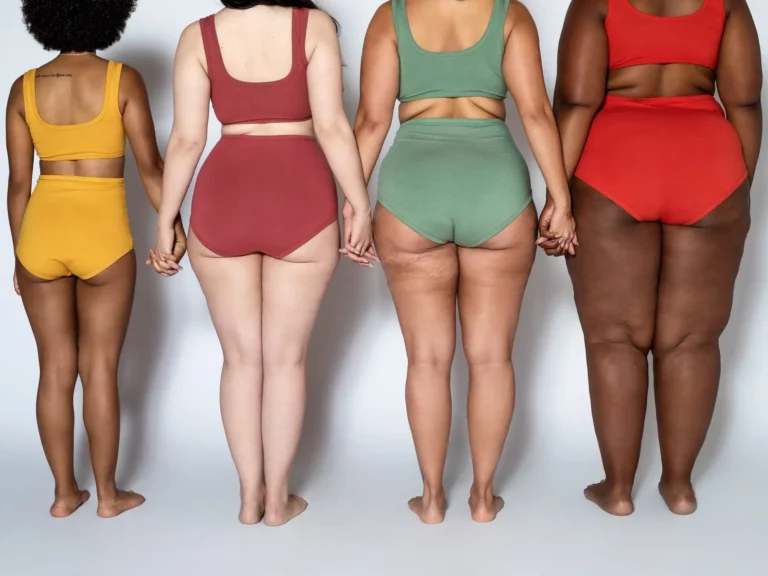
Last year, when an online fan asked Elon Musk to spill the secret to his “awesome, fit, ripped, and healthy” new frame, the tech tycoon tweeted back, “Fasting,” “And Wegovy.” Along with Ozempic and Mounjaro, Wegovy is the diabetic medication turned miracle diet drug grabbing America by the love handles. Musk may originally hail from South Africa, but the naturalized citizen struggles with his weight like most of his adopted countrymen, albeit more publicly and on super yachts. Very few celebrities outside of reality television will admit to injecting themselves with a weekly shot of tummy’s little helper. But as comedian Amy Schumer scoffed during an interview, this summer, on a reality TV show spin-off, “Everyone has been lying and saying, ‘Oh, smaller portions…. Just stop.”
Hollywood stars are not the only ones who are shading the truth, if only to a nosy public. Most Americans are surprisingly oblivious to their own “personal weight situation,” as the Gallup delicately put it. According to a November 2021 survey by the public opinion pollster, only 5% of American adults would describe their “personal weight situation right now” as “very overweight.” Thirty five percent were willing to grant that they were “somewhat overweight.” If the data from the National Institutes of Health is correct, a large number of overweight Americans are missing from Gallup’s rolls. Whether the product of the “body positivity movement” that has swept social media in the last ten years or from a genuine lack of corporeal awareness, Americans’ understanding of obesity widely departs from the official data.
The National Institutes of Health reports that nearly one in three American adults is “overweight”; 42.2% are clinically “obese”; and 9.2% suffer from severe obesity, bringing the total number of Americans weighing above what is considered “normal” by health authorities to over 82% of the public. The sheer ubiquity of the obesity epidemic may, itself, be skewing public perception. It appears to be influencing public policy.
In New York City, the mecca of soaring towers and towering ambition, obesity is now a legally protected characteristic. As of Thanksgiving, citizens may not be discriminated against on the basis of weight or height in employment, housing, and public accommodations. One U.S. News and World Report ranked law firm warns its deep pocketed clients that the new policy leaves many unanswered questions and an open door to litigation. Theaters and restaurants may have to redesign their seating. The subway system may need to replace its turnstiles. Flights departing from the city’s La Guardia airport may have to provide extra seating to larger passengers. The costs of compliance could be astronomical. The costs to New Yorkers’ health could be much worse.
Obesity is now one of the leading causes of preventable death in the U.S., second only to smoking. Excess weight is linked to deaths from diabetes, heart disease, stroke, and various cancers. Living with obesity is also implicated in diminished mental and emotional health. But unlike smoking, obesity — a condition that the American Medical Association classifies as a “disease” — is cheered on by a highly visible and culturally powerful lobby. From the clothing industry to TikTok influencers, the “fat acceptance movement” has co-opted the obesity crisis as a marketing opportunity and a political cause. Even children are being encouraged to embrace “healthy at any size.”
The parenting guide “Fat Talk: Parenting in the Age of Diet Culture” became a New York Times bestseller this spring for its advice to “make fat good” and “let kids be in charge of how much and even whether they eat the food we’re offering.” The author, Virginia Sole-Smith, a veteran health journalist who has written for the New York Times and Scientific American, reassured anxious parents of overweight children that “Taking the focus off nutrition is not neglecting your responsibility to nourish your kids.” When these kids become adults, they may not agree. But at least they’ll have Ozempic.